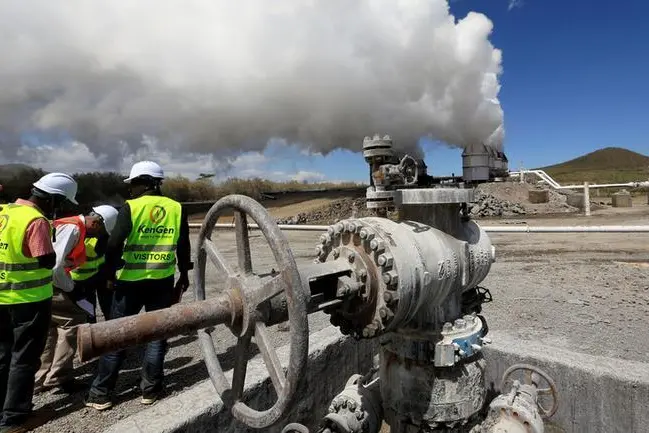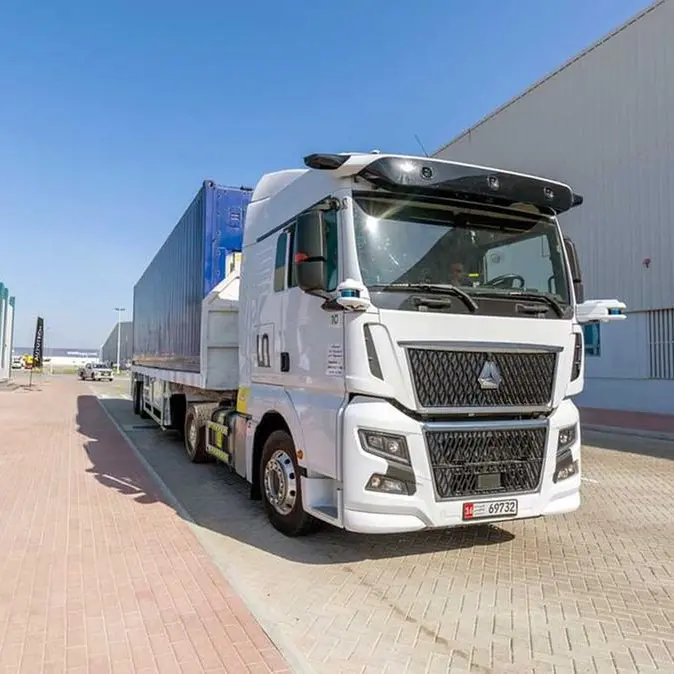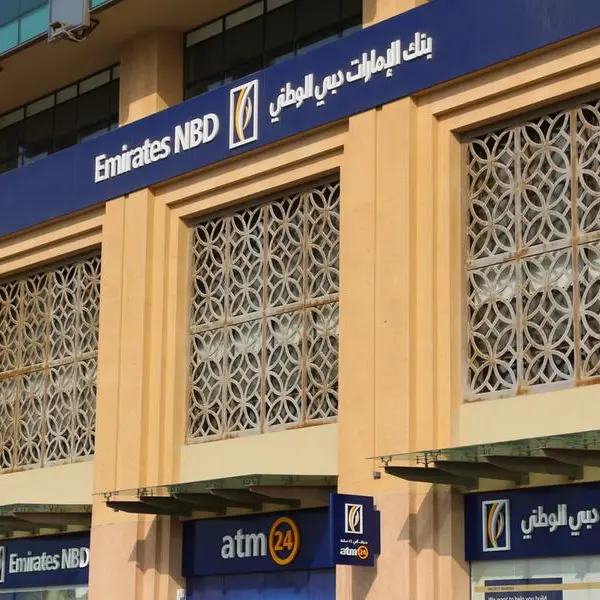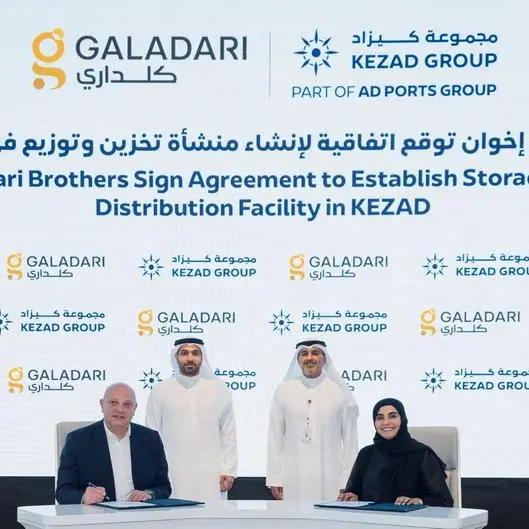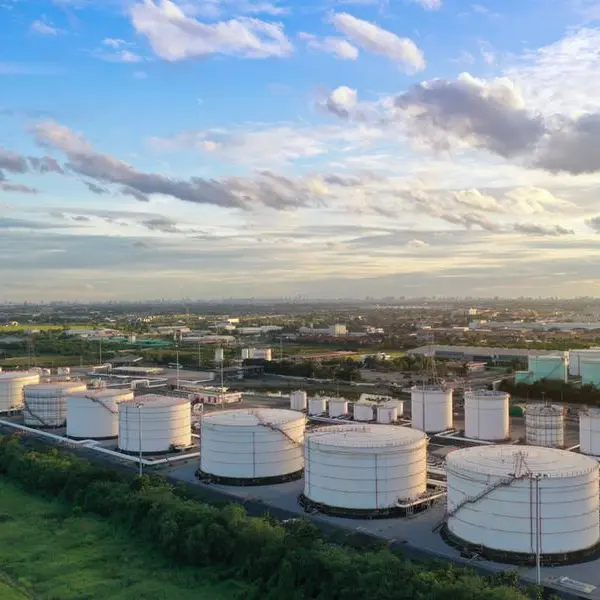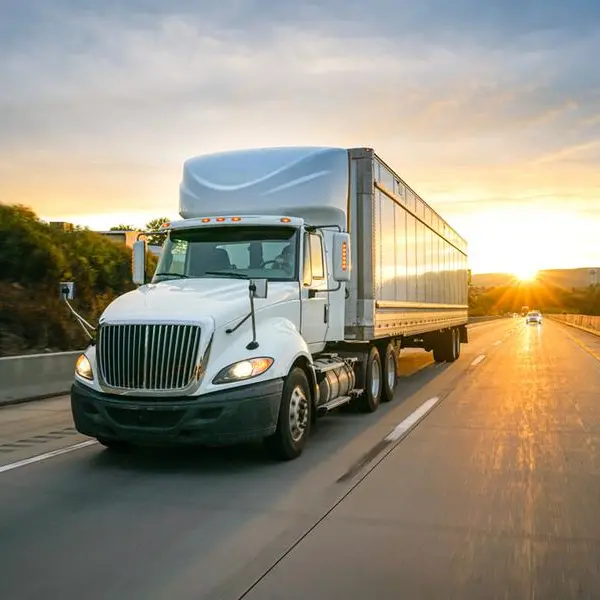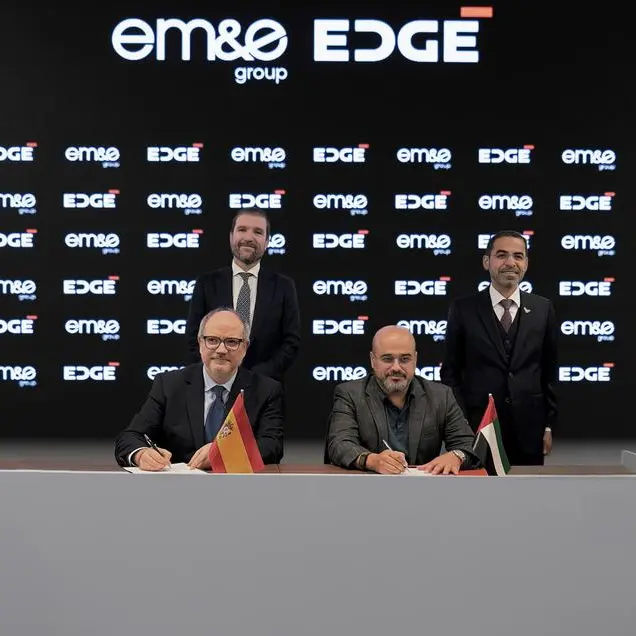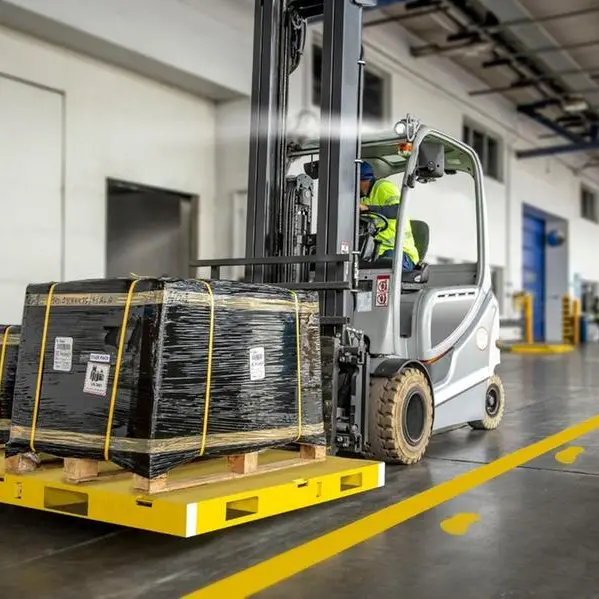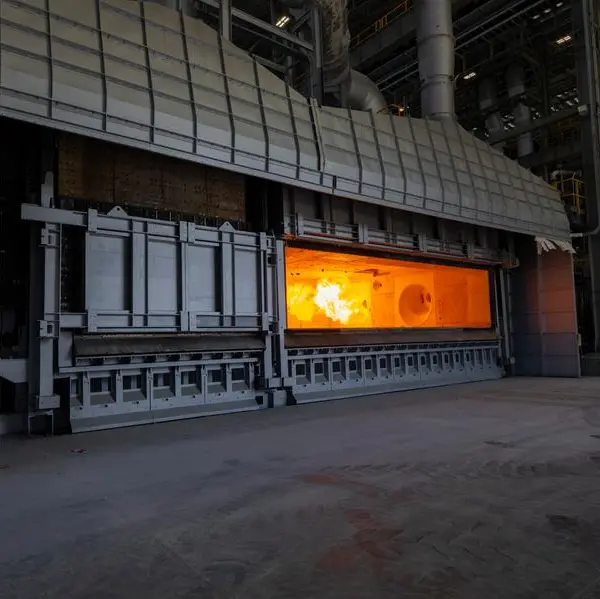PHOTO
Saudi Arabia is currently running pilots at two locations to store carbon in rocks using mineralisation technology and has initiated projects to explore geothermal energy, Dr Hussein Holteit, Associate Professor at King Abdullah University of Science and Technology (KAUST) said.
A mineralisation technology demonstration project with Saudi Aramco is underway at a location close to the Jazan Economic City, he disclosed speaking at an event organised by King Abdulla Petroleum Studies and Research Centre (KAPSARC).
“The idea is to capture CO2 from Jazan Economic City and use water from the Red Sea to demonstrate the potential of this technology in Saudi Arabia,” he said.
“The Kingdom’s subsurface can accommodate the equivalent of more than 1,000 years of its current emissions,” he said adding the country emits around 400-450 million tonnes of CO2 per year just from industrial sources clustered in Jubail, Riyadh and the Red Sea coast.
“The eastern part can accommodate huge volumes of CO2 in sedimentary formations like deep saline aquifers. Although the Western part lacks sedimentary formations, it is rich in volcanic formations and is ideal for storing carbon using the mineralisation technology whereby a natural process converts carbon to calcite and stores it permanently in Basalt and ultramafic rocks,” he said.
“Ten cubic metres of Basalt can store a tonne of CO2 and it takes three years to mineralize 80 percent of the gas,” added Abdulaiz S Al-Qasim, Champion of CCUS, EOR and upstream Hydrogen technologies, Saudi Aramco.
Geothermal Energy
Holteit said Saudi’s Ministry of Energy is exploring geothermal energy and KAUST has initiated work to get licenses and permissions to drill experimental geothermal wells within its facilities.
In the first phase, a 400-500-metre deep well will be drilled for initial testing, data collection and monitoring; the second phase will involve drilling a 3,000-3,500-metre well for heat reservoir characterisation and simulation; and in the third phase, a geothermal system will be implemented by drilling another 3,000-3,500-metre well, he said.
To a question posed by Zawya on the prospects for Direct Air Capture (DAC) in Saudi Arabia, Holteit said that DAC is currently very expensive and KAUST is actively researching the prospects to develop metal-organic framework (MOF) material and efficient absorbents to advance the technology and reduce cost. Zawya Projects had previously reported that Saudi Arabia’s first DAC plant is in design stage.
Advancing CCUS
Kamel Ben-Naceur, CEO of Abu Dhabi-based Nomadia Energy Consulting, and the President for Society of Petroleum Engineers (SPE) said the Societ’s CCUS technical committee has created Storage Resource Management System (SRMS), a tool to assess the storage capacity of a given site.
The committee has built coalitions with other global CCUS organisations and has created a society of one million engineers for carbon management to exchange knowledge, promote CCUS capacity building and advance carbon management technologies.
He said the world is far away from meeting the required carbon capture capacity of 1 million tonnes by 2030 and there is a need for innovation, economic incentives, and the need to set measuring, monitoring and verification protocols for assessing storge capacity and evaluating risks during injection.
The Gulf region’s CCUS capacity is currently at 3.7 metric tonnes per annum (MTPA), about 10 percent of the global CO2 captured, and is estimated to reach 60 MTPA by 2035, said Dr Abdul Kabir, Associate Professor at the Carbon Management Technologies Institute at KACST (King Abdullah City for Science and Technology).
He said high capital costs, long implementation time, undefined revenue streams, uncertainty, and lack of investor confidence were the key challenges impacting CCUS implementation.
He suggested measures like supportive policies and regulatory framework, access to government incentive packages, encouraging public-private partnerships (PPP) through initial government equity ownership, government funding towards CCUS clusters and hubs, R&D funding, ESG standards for CCUS to enable investments, and incentives for CO2 value-add products to enhance the business case for CCUS.
Read more:
Omani start-up aims to scale blue chemicals production using mineralisation
Saudi climate pledge: Key announcements from Sharm El-Sheikh
(Reporting by Sowmya Sundar; Editing by Anoop Menon)
